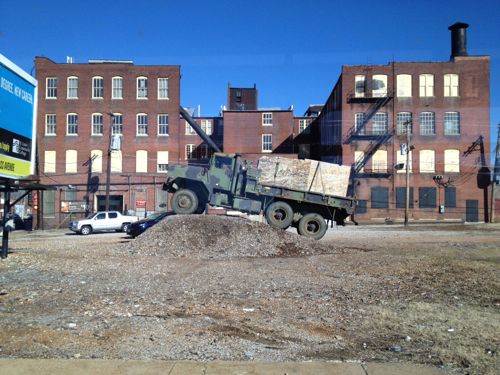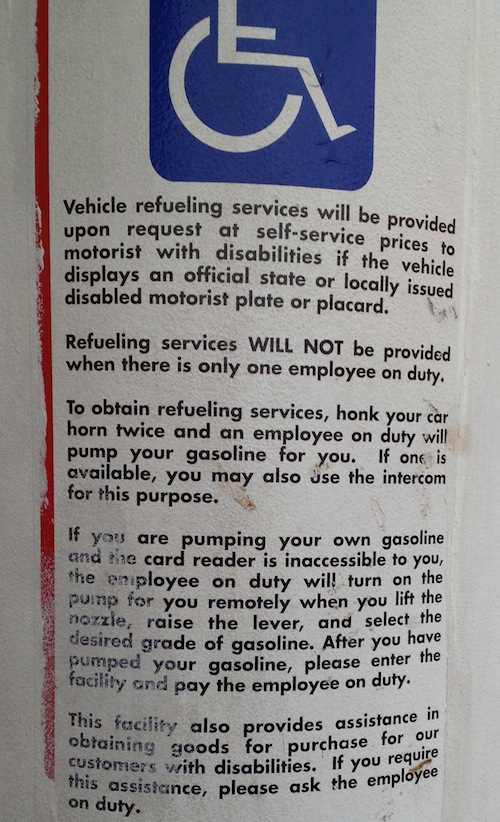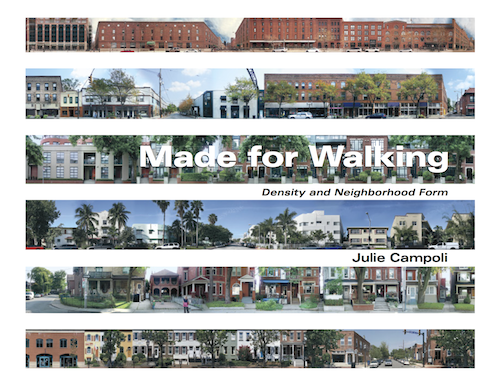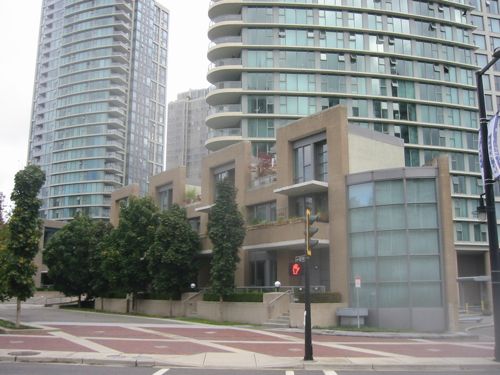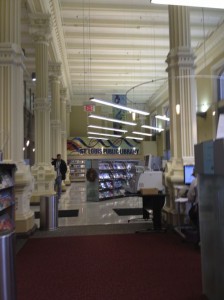Poll: How Often Do You Rent A Car?
Rental cars have been around for decades, especially serving business travelers. Enterprise began in St. Louis serving the needs of others needing a car temporarily. It is a huge industry:
In 2011, the U.S. car rental industry achieved record rental revenue of $22.4 billion, an 8.1% increase over 2010. (Auto Rental News)
I hadn’t rented a car in nearly a decade but last week I had to pick up my brother in Oklahoma City,OK and get to Amarillo, TX on short notice. The only mode possible was drive — but I sold my car last April.
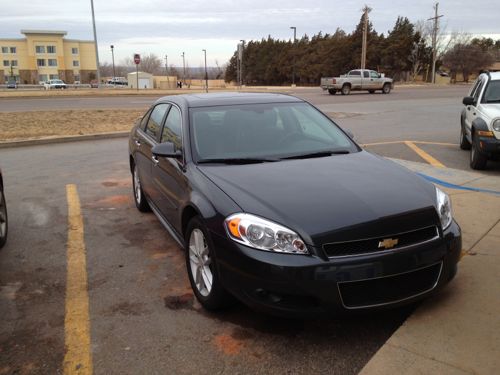
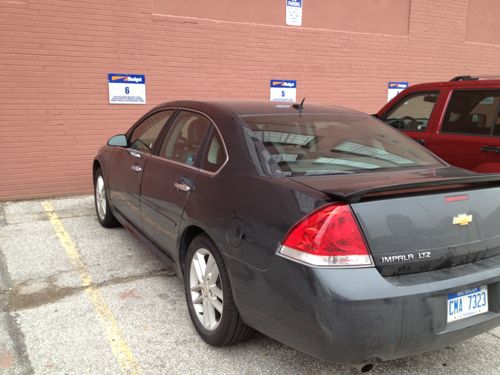
I requested an economy car but Budget’s disability person thought I needed hand controls instead of just a spinner knob, but I ended up with a full0-size Impala. I’d talked to the folks at the Enterprise location on Washington Ave near Jefferson a month ago but I had to go with Budget because Enterprise locations weren’t open on Tuesday. Seriously!?!
Turns out insurance at Budget is significantly than Enterprise. Still, the cost was nearly $300. I don’t think I’ve spent that much on the total of all prior rentals I’ve had over the years. In the past I’ve rented cars when mine was in the shop as well as on trips.
The poll question this week asks how often you rent a car: never, rarely, occasionally or never. I’d say I’m in the rarely camp. Vote in the right sidebar and share your thoughts below.
— Steve Patterson
